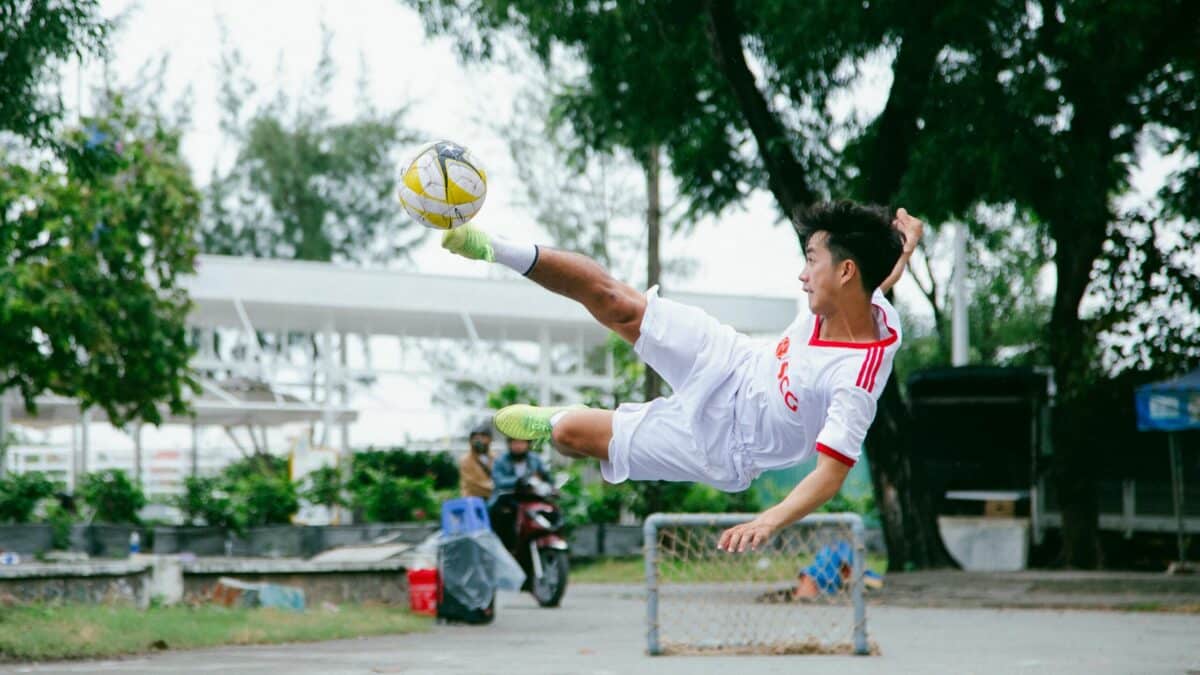Many athletes find themselves hitting a plateau in traditional athletic training. You spend so much time trying to develop your skills, only to see minimal improvement. However, there is a better solution. In this blog post, you will learn what sports performance training is, and some key benefits for athletes.
Definition of Sports Performance Training
Sports performance training is a more specialized approach than traditional athletic development. Traditional training sessions often focus on general fitness and basic skills. However, sports performance training focuses on key skills an individual athlete needs to succeed in their chosen sport.
Sports performance training involves:
- custom training programs tailored to the needs of that specific athlete and the demands of their sport
- resistance training to improve muscle strength
- drills to improve speed and agility
- exercises designed to strengthen muscles and joints to reduce the risk of injury
- strategies to improve focus and resilience
- diet plans that support the training program and aid in recovery
Benefits of Sports Performance Training
Other than seeing improved performance, professional athletes can also expect these other key benefits:
Injury prevention
Sports injuries are extremely common, but the right training can help prevent them. In sports performance training, you actually practice those more complex movements that may cause injury in the field.
At the same time, you also improve your overall fitness. By working on the muscle and joints, athletes can better handle the rigors of their sport with a reduced risk of injury. Athletes can then experience consistent performance without unexpected setbacks.
Mind-body connection
Both an athlete’s mind and body have to work together for peak performance. Sports performance training works on the mentality of an athlete as well as the physical. Athletes learn to have an awareness of their body movements and responses in different scenarios. This not only improves performance but aids in injury prevention.
Reduced risk of burnout
Sports performance training focuses heavily on the psychology of an athlete. This can lead to an improved overall mindset and reduces the risk of burnout. Coaches help athletes build their mental resilience to help them overcome challenges.
Many young athletes get frustrated when they don’t see any improvement. Because this type of training takes an individualistic approach, it adapts with the athlete.

